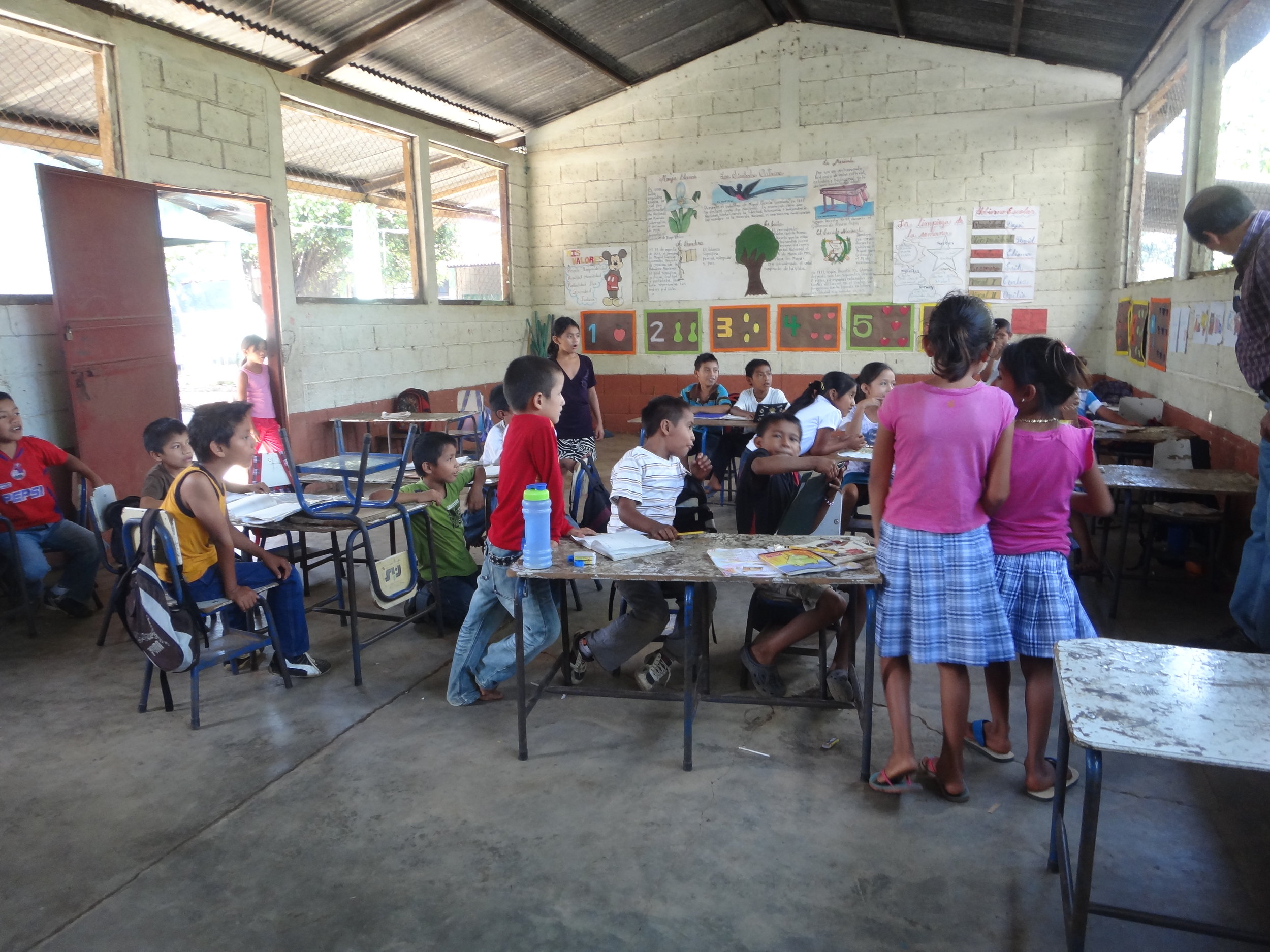BY JORGE DE LEÓN MIRANDA
Jorge de León Miranda is a student in the Master in International Economics and Finance (MIEF). He is from Guatemala.
In 2014, while working as a consultant for Guatemala’s Ministry of Economy, I helped create three municipal boards of education, and helped them design action plans to reduce elementary school dropout rates. As discussions started, we immediately noticed a lack of data measuring the outcome and impact of development projects. The lack of results data greatly affects the ability of policymakers, particularly at the local level, to redefine work agendas and priorities and choose better activities during a project’s implementation. This, in turn, hinders a project’s outcome and precludes a positive impact.
The poor availability of results data is not just a local issue. National governments and their development partners spend up to $2 billion annually to collect results data from their projects. Because of this, some might claim there has been progress collecting data and fostering results-based management of development projects. The endorsement in 2015 of the U.N. Sustainable Development Goals (SDGs) and their accompanying 169 indicators to track progress will also undoubtedly make more results data available and facilitate decision-making at all levels.
However, the increased focus on results data has been driven by national governments and their partners, and not by local policymakers. This is a cause for concern, because country-level data can be of limited use at the local level. For example, how could data from the SDGs’ maternal mortality ratio, which is measured at the country level, help the mayor of a small town decide whether to hire more health workers, or increase awareness of maternal deaths among townspeople? Moreover, it is not always clear how country-wide indicators like the SDGs reflect the outcome or impact of local projects. Thus, the lack of results data for local projects continues to be an issue.
Unfortunately, data collection can be a burdensome activity for local officials. This was a problem in my work in Guatemala, where we undertook a study consisting of more than 900 surveys of students, parents, teachers, and principals, to try to determine the main determinants of dropout rates. The process took three weeks to complete and was arduous and very costly, but generated enough data to determine some of the main factors affecting dropout rates. These factors included poor attendance by teachers and students, teachers without a solid grasp of the national curriculum, and a lack of bilingual pedagogical materials. The information gleaned from the surveys was crucial because it allowed the municipality to focus on addressing local issues, and not just follow the national development strategy, which is designed without input from local officials. However, since the initiative was only a pilot program, the municipality had to cover the cost of data collection. Not every municipality in Guatemala has the resources to conduct such a study, even if they consider education a priority.
Technology can help solve this problem. In 2012, there were 1.3 mobile phones per person in Guatemala. An NGO in the country, Empresarios por la Educación, is leveraging this high mobile-phone penetration rate to improve local results data for initiatives aimed at keeping schools open. The project started because many schools in Guatemala, particularly in rural areas, do not open every day. Using mobile phones, Empresarios por la Educación has created the first real-time electronic monitoring system that allows the Ministry of Education to track the working days of public schools throughout the country. The system works as follows: any person can report anonymously whether the nearest school is open by sending a text message or making a call on their mobile phone. This information is tracked and published in real time, and can help local policymakers target frequently closed schools and design policies to ensure that all schools remain open every day.
Although there is much left to do, I believe there are a lot of opportunities to exploit access to technology in developing countries, and support the creation of monitoring systems, like the one discussed above, to generate local results data. Such data is crucial for decision-making at the local level, and improving its availability, use, and understanding is important for fostering local economic development.
Below, the author with colleagues and students during his work in Guatemala.
PHOTO CREDIT: Jorge de León Miranda



